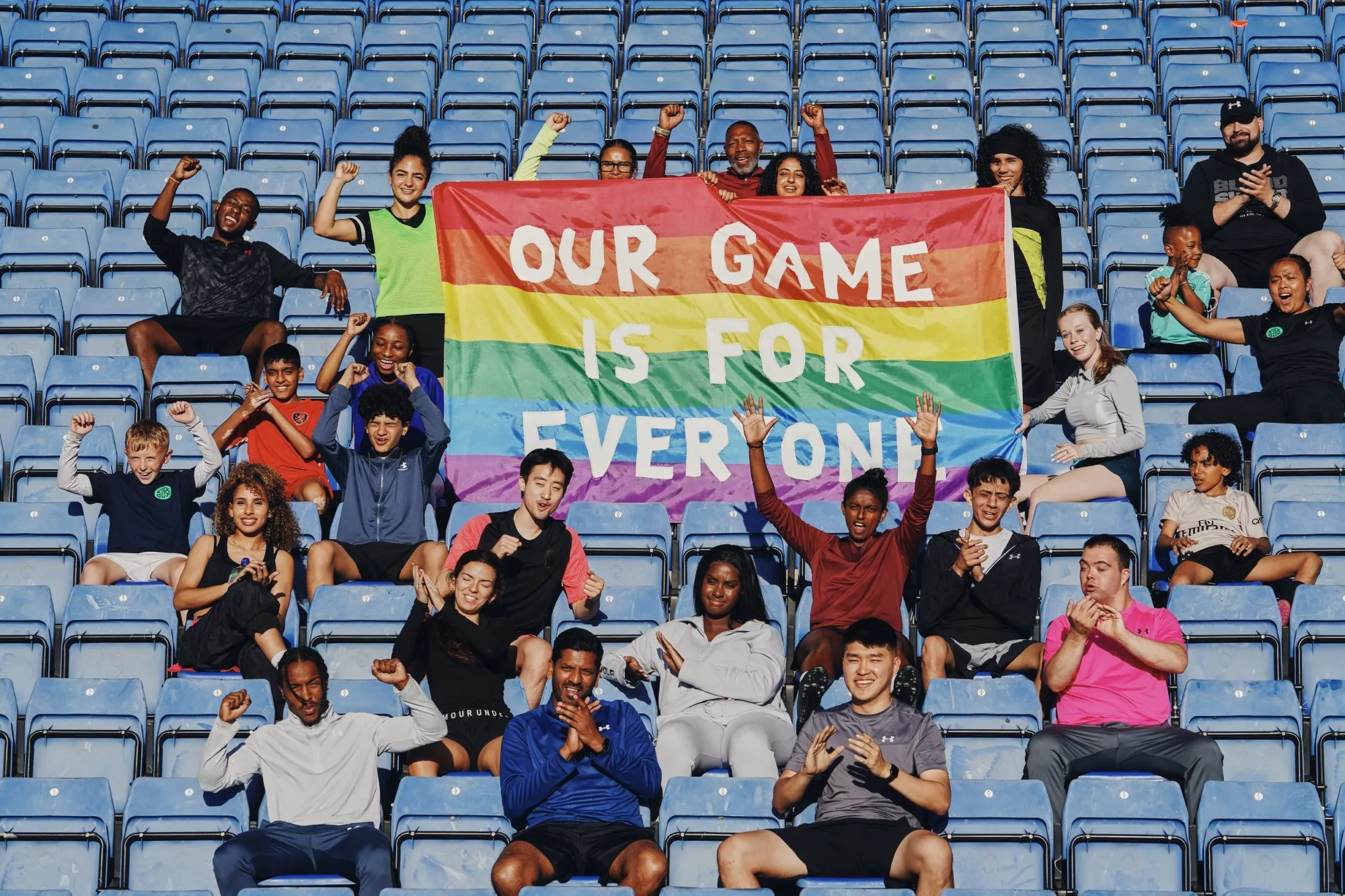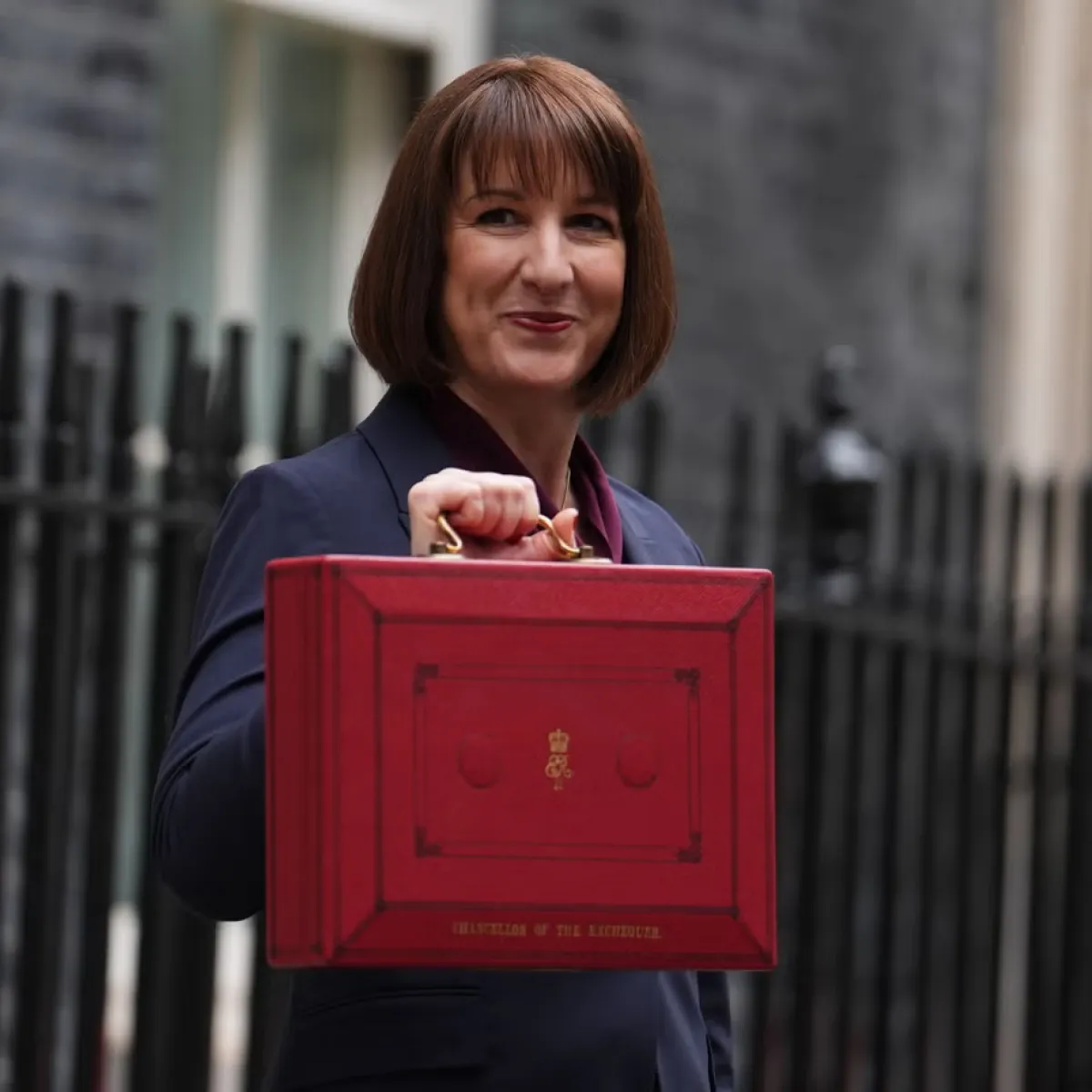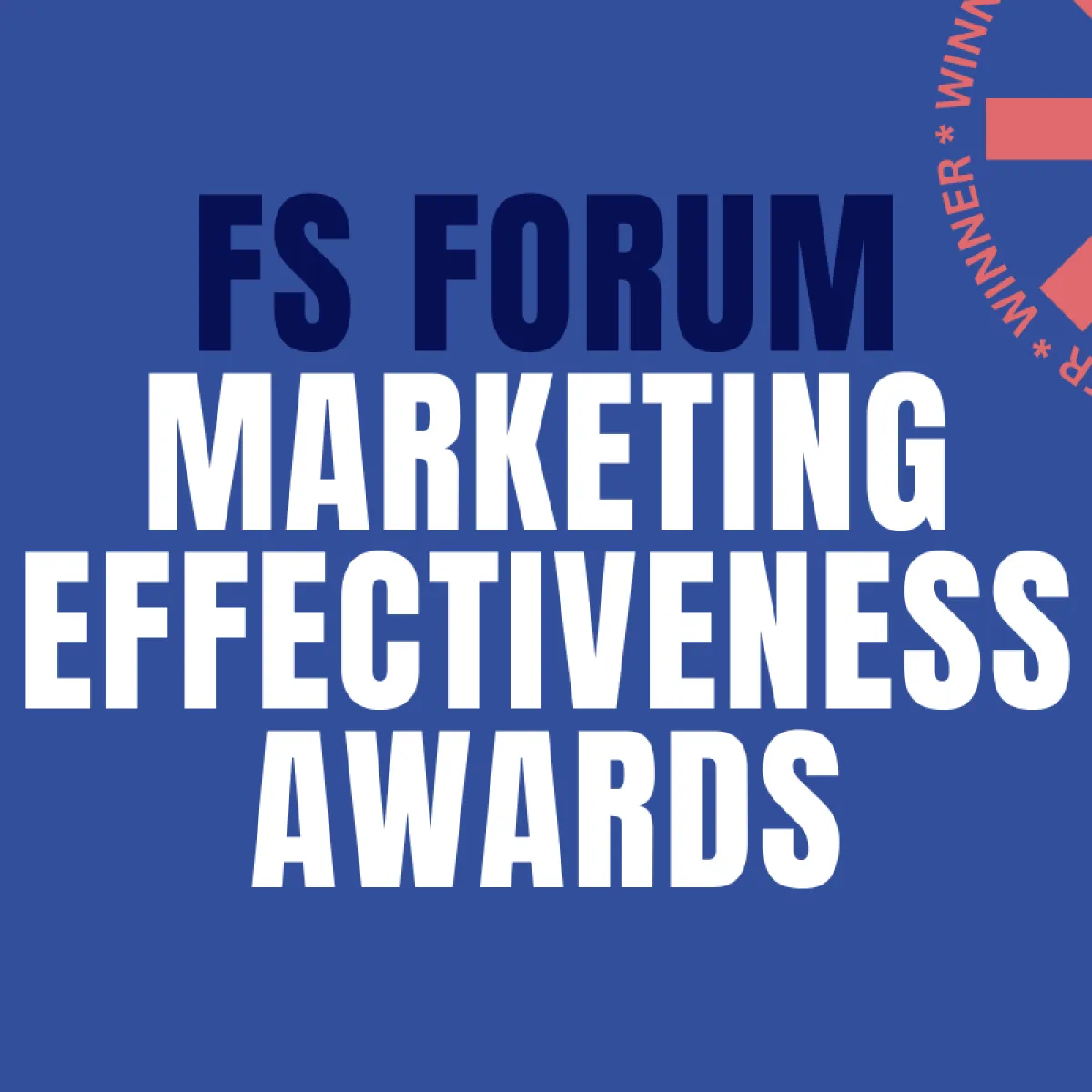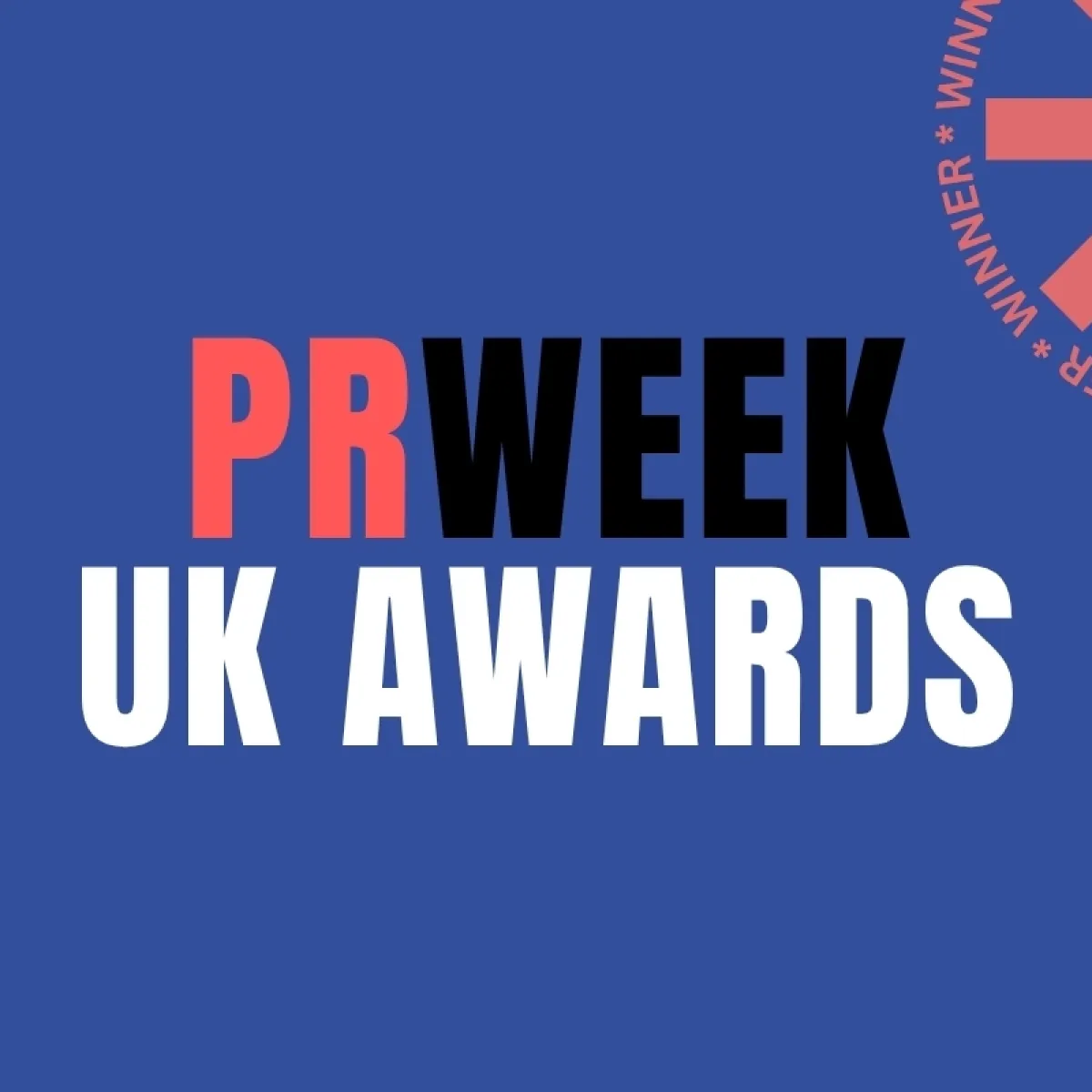This website uses cookies. Learn more
A Whole New Ball Game: English Football set to be regulated
First published in Political Capital - our weekly public affairs and polling news drop.

Sanjay Bhandari is the chair of Kick it Out, the anti-discrimination sports charity who have been campaigning since 1993, with their namesake brand ‘Let's Kick Racism Out of Football’. Now three decades later, the charity tackles all forms of discrimination, continuing its legacy in grassroots activism.

In Chaos theory, the butterfly effect suggests that, in a complex system of sensitive inter-dependence, a small change in one part of the system can result in large changes to a different part of the system.
So, as the theory goes, the flap of a butterfly’s wings can cause ripple effects that, weeks later, result in a devastating tornado.
For English football, two butterflies flapped their wings: the collapse of Bury FC in August 2019; and the collapse of the breakaway European Super League project in October 2021.
The ripples escalated into the Government commissioned Fan-Led Review of English football chaired by Tracey Crouch MP. The tornado arrived on Tuesday in the first reading of the Football Governance Bill and the proposed establishment of an Independent Football Regulator (IFR).
The Bill must still work its way through the rest of the approval process and doubtless some in football will hope to be saved by the final whistle in the form of a General Election causing the Bill to time out. Though the Bill has broad cross-party support so may have progressed sufficiently by then to be nodded through in the customary pre-election “wash up” process (the parliamentary equivalent of an injury-time winning goal).
So, by early 2025, for the first time, an English sport could be independently regulated by a statutory body.
The purpose of the Bill is to protect and promote the sustainability of English football. The IFR’s objectives will be to protect and promote financial soundness and resilience of clubs and safeguard the heritage of English football. It will do this by operating a club licencing system which will also include a club levy to fund the anticipated annual budget of IFR, said to be around £10m.
There will be a new and strengthened owners and directors test to safeguard against irresponsible owners. Fans will be given veto rights over heritage issues such as club names, badges and home colour shirts.
Clubs will need IFR pre-approval for stadium relocations. Clubs will be prevented from joining breakaway leagues that do not have the support of fans or threaten the heritage or sustainability of English football.
The IFR will establish a mandatory ‘Football Club Corporate Governance Code’ and clubs will be required to report annually on compliance with it.
Most contentiously, the IFR will have a backstop power to intervene in the distribution of broadcast revenue when the leagues fail to reach an agreement, subject to certain thresholds being met. The government has indicated that its strong preference was for the leagues to reach an agreement.
Despite months of reported discussions, the Premier League and the EFL have yet to find an agreement.
The first reading of the Bill now starts the clock running on the potential for a settlement imposed by the IFR which doubtless adds creative tension to that negotiation.
The Bill has been trumpeted by the Prime Minister and other government ministers and has been largely welcomed by the FA, EFL and the Football Supporters Association. The Premier League has been more cautious, nervous of “unintended consequences” and threats to the competitiveness and appeal of English football.
The EFL has rejected that notion, pointing to the huge advantage the Premier League already has over its nearest competitors in Europe. My own experience of 30+ years working in the most heavily regulated global industries is that this is a familiar dance. The response of the Premier League clubs is eerily similar to every entity facing the prospect of tougher regulation.
If football’s regulatory journey mirrors those others I have seen over the last 30 years, in a few years’ time Premier League Clubs will be using the existence of the IFR as an edge over its European rivals when negotiating commercial deals.
In the short term, new rules can be a significant irritation; in the longer term, the presence of a truly independent regulator is then used as a badge of credibility and external assurance.
It creates trust.
At Kick It Out, we focus on under-represented or minority communities. We tackle discrimination and seek to make football a game where everyone feels that they belong. There had been some consideration during the Crouch Review and subsequent government and Select Committee reviews that equality and inclusion should be included in the IFR’s remit.
We made several written and oral submissions to those processes over the last 3 years. Given the role that football plays in its communities, we feel that it is vital that inclusion is part of the remit of the IFR. The real question is what mechanism should be adopted to best deliver on that aim.
Consistent with other regulatory environments, we feel that the most appropriate way to do that is through Governance. This gives the IFR the greatest flexibility to adapt to best practice as it evolves. In its response to the Crouch Review, the Government indicated that Inclusion would be considered as part of the Football Club Corporate Governance Code. Although the Bill does not specifically mention Inclusion, it is drafted sufficiently broadly for inclusion to fall within the Code. We welcome this.
Together with the University of York, we are reviewing equivalent regimes around sport and other industries, developing our own recommendations for the inclusion elements of Football’s Governance Code. This will include recommendations for mandatory data transparency reporting on workforce composition.
The butterflies of Bury FC and the European Super League have flapped their wings. Years later, maybe we are not experiencing a destructive tornado. Maybe we are feeling the first gust of the winds of positive change. It may bring a more financially sustainable and resilient game.
It also brings the opportunity of a more inclusive and representative game, one where the football workforce looks more like the people who love the game.
If that is chaos theory in action, bring on the chaos.
**
The anti-discrimination sports charity, Kick it Out, has been campaigning since 1993, with their namesake brand ‘Let's Kick Racism Out of Football’. Now three decades later, the charity tackles all forms of discrimination, continuing its legacy in grassroots activism. Kick it Out is a pro-bono client of Lansons, we support the charity with their public affairs engagement.

**
Want to understand what a Labour government will mean for your organisation, and industry?
We're hosting Labour workshops with policy experts to help organisations, brands and associations better understand the upcoming landscape, opportunities and challenges posed to them under a Labour Government. To find out more, get in touch with our team.
Stay in the loop with our experts




New Business: to find out how we can help you, contact our dedicated new businesss team consultancy@lansons.com
Careers: we’d love to hear from you, please visit our careers hub











